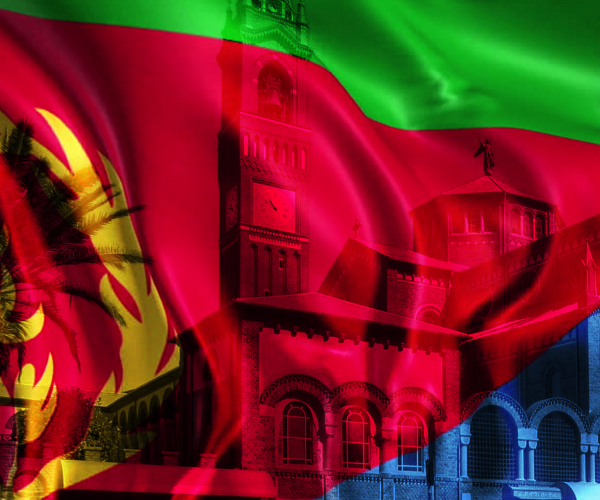Security
The decision to travel is your responsibility. You are also responsible for your personal safety abroad. The Government of Canada takes the safety and security of Canadians abroad very seriously and provides credible and timely information in its Travel Advice. In the event of a crisis situation that requires evacuation, the Government of Canada’s policy is to provide safe transportation to the closest safe location. The Government of Canada will assist you in leaving a country or a region as a last resort, when all means of commercial or personal transportation have been exhausted. This service is provided on a cost-recovery basis. Onward travel is at your personal expense. Situations vary from one location to another, and there may be constraints on government resources that will limit the ability of the Government of Canada to provide assistance, particularly in countries or regions where the potential for violent conflict or political instability is high.
If you are residing in Eritrea, maintain close contact with the Consulate of Canada in Asmara. Remain vigilant at all times and monitor local news.
Border between Eritrea and Ethiopia (see Advisory)
You should avoid all travel to the border area between Eritrea and Ethiopia, which extends 25 kilometres north into Eritrea. Political tension remains high between these two countries due to a long-standing territorial conflict. The border is not clearly defined, and border checkpoints remain closed. Military operations may resume in adjoining areas, which constitute a special security zone under a cessation of hostilities agreement. Violent incidents could still occur. Also note the existence of unmarked landmines in these areas. We strongly advise against driving off main and paved roads.
Border between Eritrea and Sudan (see Advisory)
You should avoid all travel to the border area between Eritrea and Sudan, due to continuing instability in eastern Sudan and the risks posed by active Islamic extremist groups. Crime and bomb attacks are often reported. The Sudanese border remains closed, and we strongly advise against attempting to cross it.
Border between Eritrea and Djibouti (see Advisory)
You should avoid all travel to the border areas of Eritrea and Djibouti, where political tension and territorial conflicts continue to cause instability. Border raids could still be carried out, resulting in armed confrontations and other violent incidents. Crime is also reported in this area.
Terrorism
Regional terror groups, including those associated with al Qaeda and al-Shabaab, continue to threaten Western interests and other potential targets in Eritrea. The September 21, 2013 attack on an upscale Nairobi mall illustrates the threat of attacks on civilians in East Africa. Further attacks cannot be ruled out. Be vigilant in crowded places and monitor local media.
Crime
Street crime, including petty theft and robbery, is infrequent in Asmara and in other towns and villages. However, there has been an increase in pickpocketing and harassment against foreigners. You should take the usual security precautions and avoid showing signs of affluence.
Banditry occurs along the coast north of Massawa.
Demonstrations
Demonstrations and rallies occur in Eritrea and have the potential to suddenly turn violent. They can lead to significant disruptions to traffic and public transportation. Avoid all demonstrations and large gatherings, follow the advice of local authorities and monitor local media.
Landmines
Landmines continue to cause occasional injury and death. Many areas are mined. Caution must be exercised when travelling in remote areas or off main roads. Avoid walking and hiking in the countryside.
Contact the Consulate of Canada in Asmara or local authorities to obtain the latest safety and travel information.
Piracy
Pirate attacks occur in coastal waters and, in some cases, farther out at sea. Mariners should take appropriate precautions. For additional information, consult the Live Piracy Report published by the International Maritime Bureau.
Telecommunications
Landline telephone and cell phone networks are unreliable and often limited to a few hours of service a day in major cities.
Road travel
Avoid travelling in rural areas after nightfall. Paved roads connect the major cities of Asmara, Massawa, Mendefera, Dekemhare, Barentou and Keren, but roads to small villages are unpaved. Road signs and safety guard rails are often non‘existent. There are risks involved in driving, owing to the presence on the road of animals and numerous pedestrians and cyclists.
Public Transportation
Public conveyances, especially buses, are often overcrowded. Many taxis are available, but they often take several passengers and follow predetermined itineraries. If you pay a higher fare, you may ask a driver in advance not to take other passengers.
General safety information
Consult our Transportation FAQ in order to verify if national airlines meet safety standards.



